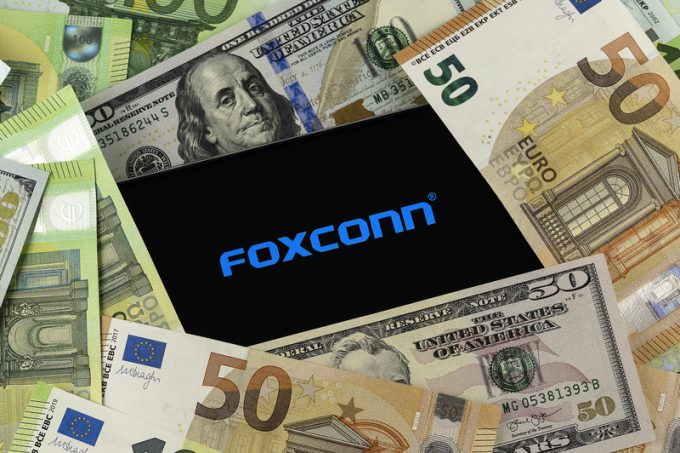Pushed by Trump, pulled by China: Brazil's bold new rail freight gamble
A plan to link both coasts of South America with high-capacity cargo rail lines has ...

Developments this week have laid bare the growing enmity between the US and China, as tit-for-tat supply chain adjustments and reshorings demonstrate a disintegration of trust in globalisation.
Foxconn, headquartered in Taiwan, announced it would respond to an increased mistrust in the people’s republic by switching ...

Comment on this article